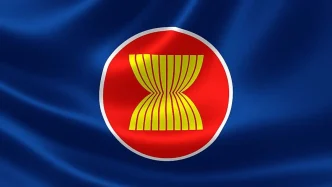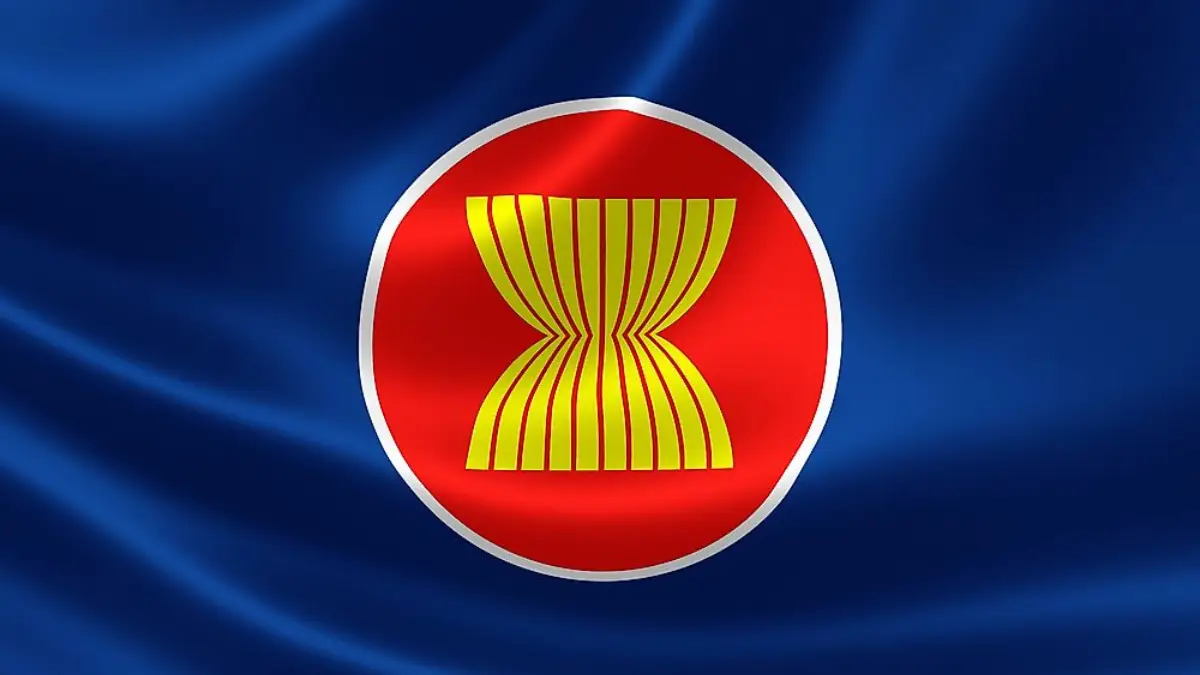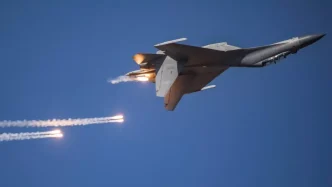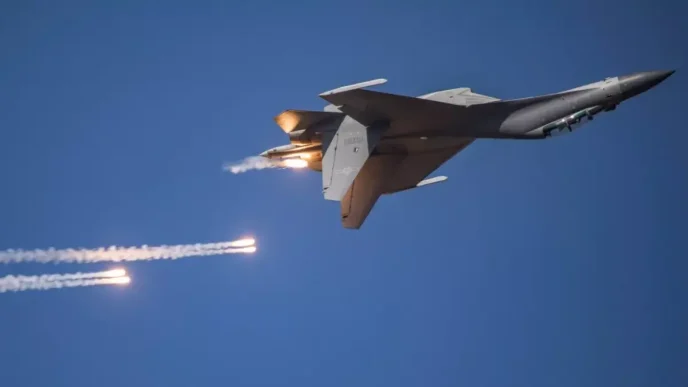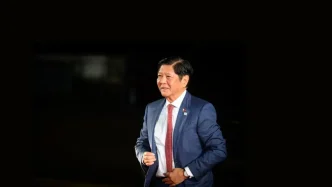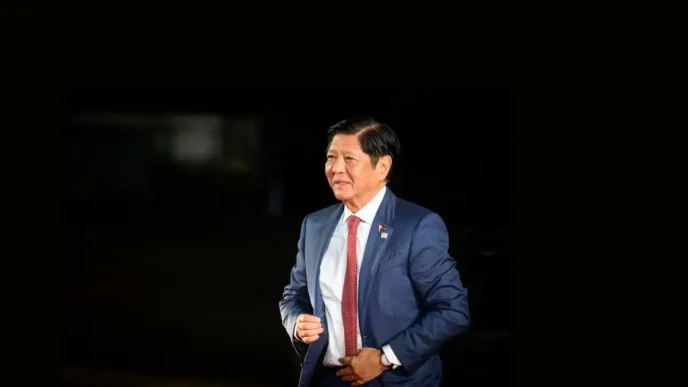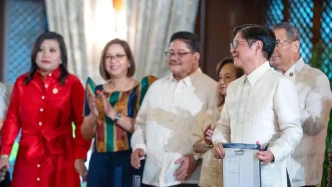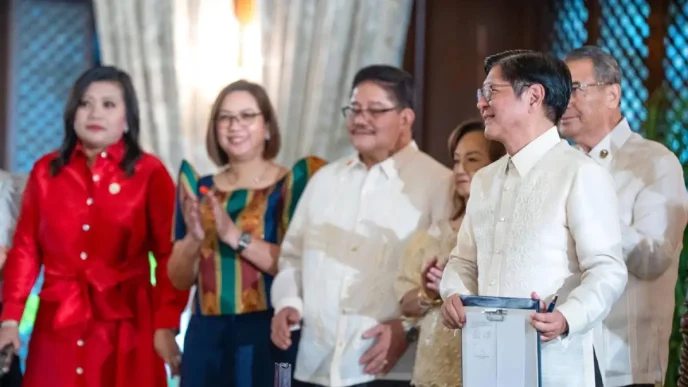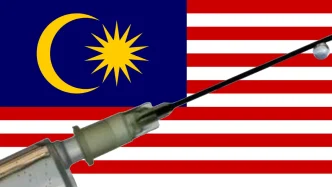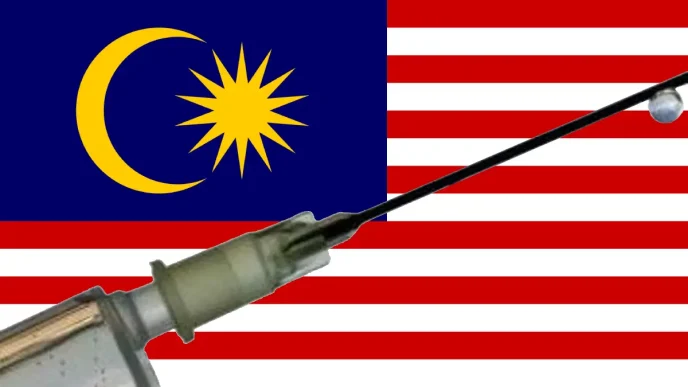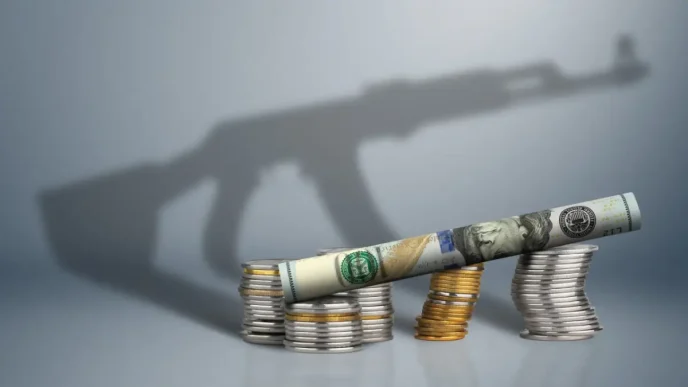As the Association of Southeast Asian Nations (ASEAN) marks its 58th anniversary, the regional bloc stands as a cornerstone of peace, stability, and prosperity in a dynamic and often turbulent part of the world.
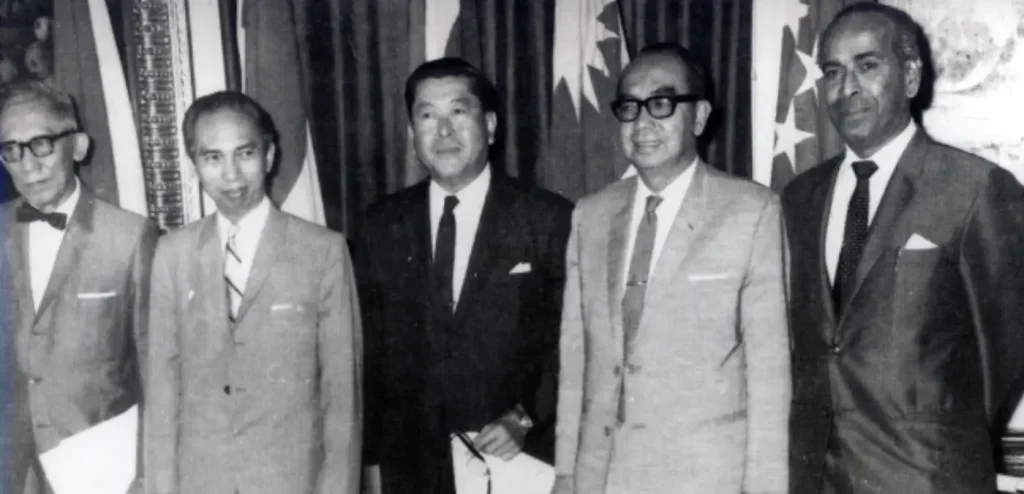
Founded on August 8, 1967, ASEAN has grown into a 10-member alliance that fosters unity and multilateralism across Southeast Asia. On this milestone, Philippine Department of National Defense (DND) Secretary Gilberto Teodoro Jr. underscored the organization’s pivotal role in shaping a resilient and inclusive regional order.
A Legacy of Unity and Resilience
Since its inception in Bangkok with the signing of the ASEAN Declaration by five founding nations—Indonesia, Malaysia, the Philippines, Singapore, and Thailand—the bloc has expanded to include Brunei Darussalam, Cambodia, Laos, Myanmar, and Vietnam. Over nearly six decades, ASEAN has navigated complex geopolitical challenges, from Cold War tensions to economic crises and territorial disputes. Its ability to maintain dialogue and cooperation among diverse member states has cemented its reputation as a stabilizing force.
Secretary Teodoro, in a statement marking the anniversary, highlighted ASEAN’s enduring commitment to collective progress. He described the bloc as a steadfast driver of peace, stability, and prosperity, and emphasized the importance of solidarity in addressing regional challenges. His remarks reflect a shared sentiment across member states: ASEAN’s strength lies in its unity, a principle that has guided the organization through periods of uncertainty.
This year’s theme, Inclusivity and Sustainability, resonates deeply in a region where economic disparities and environmental concerns remain pressing issues. From the bustling urban centers of Singapore and Kuala Lumpur to the rural communities of Laos and Cambodia, ASEAN’s vision is to ensure that growth benefits all. Teodoro noted that the theme underscores a commitment to leaving no one behind, a goal that aligns with broader global agendas like the United Nations Sustainable Development Goals.
Defense Cooperation as a Pillar of Stability
One of ASEAN’s key mechanisms for fostering trust and interoperability among member states is the ASEAN Defense Ministers’ Meeting (ADMM) and its expanded format, ADMM-Plus, which includes dialogue partners such as the United States, China, and Japan. These platforms have been instrumental in building confidence and transparency among regional defense forces, enabling joint responses to humanitarian crises, security threats, and maritime challenges.
Teodoro expressed pride in the achievements of ADMM and ADMM-Plus, pointing to their role in enhancing the region’s capacity to safeguard critical areas like the West Philippine Sea—a maritime zone central to Philippine interests amid ongoing territorial disputes. He emphasized that these defense collaborations have strengthened ASEAN’s ability to protect vital sea lanes, which are lifelines for trade and energy supplies in a region that serves as a global economic crossroads.
The West Philippine Sea, part of the broader South China Sea, remains a flashpoint for tensions involving multiple ASEAN states and external powers. While ASEAN has advocated for a rules-based approach to resolving disputes, progress on a binding Code of Conduct with China has been slow. The bloc’s diplomatic efforts, however, continue to prioritize dialogue over confrontation, a strategy that has helped prevent escalation despite overlapping claims.
Philippines Gears Up for 2026 Chairmanship
As the Philippines prepares to take on the ASEAN Chairmanship in 2026, the DND is positioning itself as a key player in advancing practical cooperation across the bloc. Teodoro reaffirmed Manila’s commitment to promoting a rules-based regional order, a stance that aligns with the country’s broader foreign policy objectives. The chairmanship offers an opportunity for the Philippines to shape ASEAN’s agenda, particularly on issues like maritime security, climate resilience, and economic integration.
The role of chair comes at a critical juncture for ASEAN. The region faces multifaceted challenges, including geopolitical rivalries between major powers, the lingering effects of the COVID-19 pandemic, and the urgent need to address climate change. For the Philippines, leading ASEAN in 2026 will also mean balancing domestic priorities with regional responsibilities, a task that will test the country’s diplomatic and strategic capabilities.
Manila’s upcoming leadership is expected to build on the momentum of recent ASEAN initiatives, such as the ASEAN Outlook on the Indo-Pacific (AOIP), which seeks to promote an inclusive and open regional architecture. By championing practical cooperation—whether through joint military exercises or disaster response frameworks—the Philippines aims to reinforce ASEAN’s centrality in regional affairs, ensuring that the bloc remains a neutral and effective mediator amid global power dynamics.
Navigating Economic and Environmental Frontiers
Beyond defense and security, ASEAN’s influence extends to economic integration, a domain where it has made significant strides through initiatives like the ASEAN Economic Community (AEC). Established in 2015, the AEC aims to create a single market and production base, facilitating the free flow of goods, services, and labor across member states. Despite progress, challenges such as non-tariff barriers and uneven development persist, requiring sustained political will to address.
Economically, ASEAN represents a powerhouse with a combined GDP of over US$3 trillion and a population of approximately 650 million. The bloc is a vital link in global supply chains, particularly in industries like electronics, automotive, and textiles. Yet, disparities between wealthier members like Singapore and emerging economies like Laos highlight the need for inclusive growth—a core focus of this year’s anniversary theme.
Environmentally, Southeast Asia is on the frontlines of climate change, with rising sea levels, deforestation, and extreme weather events threatening livelihoods. ASEAN has responded with frameworks like the ASEAN Agreement on Transboundary Haze Pollution and commitments to renewable energy. However, implementation varies across member states, underscoring the importance of coordinated action and resource-sharing.
People-Centered Community Building
At its core, ASEAN aspires to be a people-centered community, a vision that Teodoro echoed in his anniversary message. This ethos is evident in programs that promote cultural exchange, education, and grassroots development. Initiatives like the ASEAN Youth Volunteer Program and scholarships for students from member states aim to foster a shared regional identity, bridging linguistic and cultural divides.
Yet, the bloc faces criticism for its handling of human rights issues, particularly in conflict-affected areas like Myanmar, where the military coup in 2021 has led to widespread violence and displacement. ASEAN’s principle of non-interference often limits its ability to address internal crises, a tension that continues to challenge its moral authority. As the organization evolves, finding a balance between sovereignty and collective responsibility remains a critical task.
Looking Ahead: Challenges and Opportunities
As ASEAN celebrates 58 years of existence, its journey is far from complete. The bloc must navigate an increasingly complex geopolitical landscape, where superpower rivalries and economic uncertainties loom large. At the same time, opportunities for deeper integration—whether through digital economies or green technologies—offer pathways to sustained prosperity.
For the Philippines and its fellow member states, the road to 2026 and beyond will test ASEAN’s resilience and adaptability. Can the bloc maintain its unity in the face of divergent national interests? Will it succeed in translating its themes of inclusivity and sustainability into tangible outcomes for its people? These questions linger as Southeast Asia’s premier alliance continues to chart its course in an ever-changing world.
ASEAN’s legacy of dialogue and cooperation provides a foundation for optimism. As Secretary Teodoro’s remarks suggest, the organization’s commitment to a peaceful and resilient region remains unwavering—a promise that will guide its actions in the years to come.
